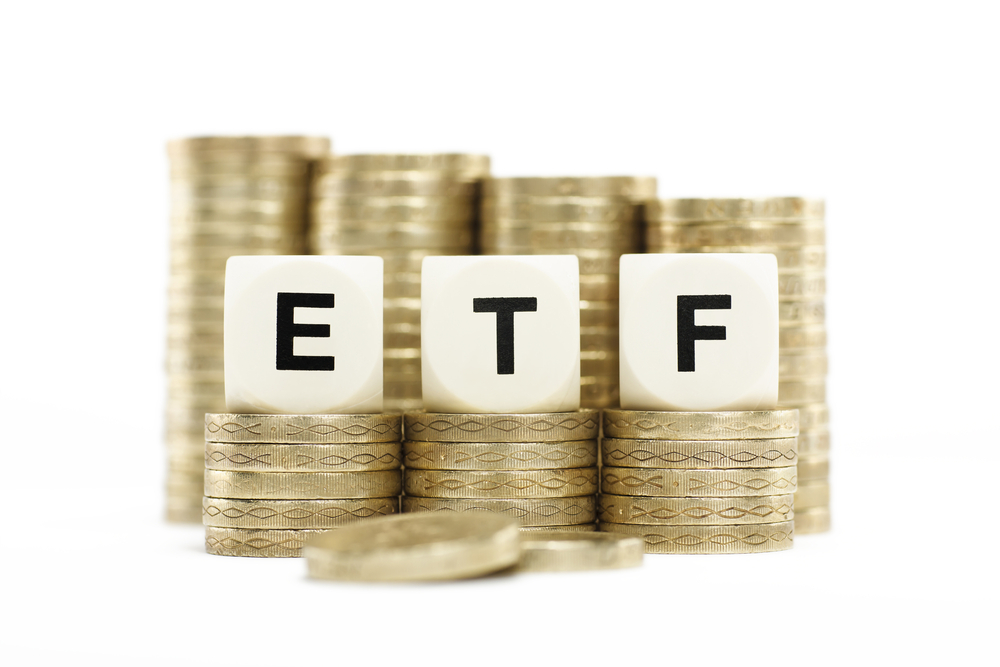The Sensex and Nifty have gone up for the first time in history post the budget with over a rise of 10 per cent each. This has been majorly supported by multiple factors and series of events like the opening of the domestic economy, resumption of business activities, strong vaccination drive strongly backed by the pragmatic budget presented by the finance minister, global liquidity, and continued FII inflows (due to rate cuts) and corporate earnings going forward. Today, the markets have created a new milestone and marked a new lifetime high of Sensex crossing the 51,500 mark.
Investors have seen handsome gains on equity investments over the last few months, as stock prices rallied. Many stocks are trading at very attractive valuations but it is very difficult for retail investors to identify these stocks or sectors and invest in them. Commenced on 1st January 1986, the S&P BSE Sensex is regarded as the pulse of the domestic stock markets with over 34 years of operation. Studies suggest that no asset class has beaten the returns provided by benchmark index year after year and hence investing in index can be a safe bet rather than investing in an individual stock or selected portfolio. From 100 in 1979 to 51,500 in 2021 the Sensex has given a CAGR of 16.4 per cent ( excluding dividends) thereby outperforming bond, bank deposits and also gold during this period and by a huge margin. Hence one thing that has not changed about the markets is the ability of the Sensex, which represents the power of Indian equity as an asset class to consistently outperform other classes of investments. To arrive at the best investment decision, one needs to ensure that the approach adopted is best suited and aligned with their investment goal.
Considering the enviable track record of index, one should invest in index or ETF. For instance, let us take the example of Sensex. The 30-share Sensex today is very different from its launch in 1986. With constant reshuffling of the index only 7 out of the original 30 stocks have continued to remain in index. Today, most of the companies are not a part of the original Sensex composition. The reasons are plenty ranging from poor performance, delisting or addition of companies from different industries. For example, there was hardly any IT industry or banking company in 1978 where the index was just dominated by the manufacturing sector stocks. However, with the credit boom, digitalisation, liberalisation policies we now see banking and IT stocks occupy a majority weightage in the Sensex. This means that Sensex is actively, carefully managed, and regulated and only the top performing stocks are a part of the index.
Investing in index funds can be a good option since it offers diversification, liquidity, low fees, investment management choice, and innovation under one roof. It gives one access to owning a mini portfolio in a single transaction. With ETFs, investors can harness the growth potential of Nifty & Sensex and take their wealth maximization to another level since they mimic the returns of underlying assets such as index, gold, or bonds where investors can earn index-linked returns at a lesser cost. One of the most important benefits of investing in a benchmark index is diversification across sectors and industries, which ensures that sharp movements in any one sector or company does not have a large impact on overall returns. Since ETFs replicate an index, they too provide the same diversification benefits.
One can potentially choose from a wide range of ETFs which mainly differs based on the underlying assets such as gold, equity, or index funds and can gain exposure to a range of stocks, countries, sectors, commodities, with a minimum risk reward ratio. ETFs can be traded just like shares in the stock market. It saves the investors from the hassles of doing independent fundamental research and continuously monitoring individual stocks as they can be passively managed.
Investors can invest in an ETF without worrying about timing, the market, or even stock selection. Simply put the money in the Sensex and then let your money work for you for the next 40 years.
The author is the Founder and Chairman of Atlas Integrated Finance
DISCLAIMER: Views expressed are the authors' own, and Outlook Money does not necessarily subscribe to them. Outlook Money shall not be responsible for any damage caused to any person/organisation directly or indirectly.









